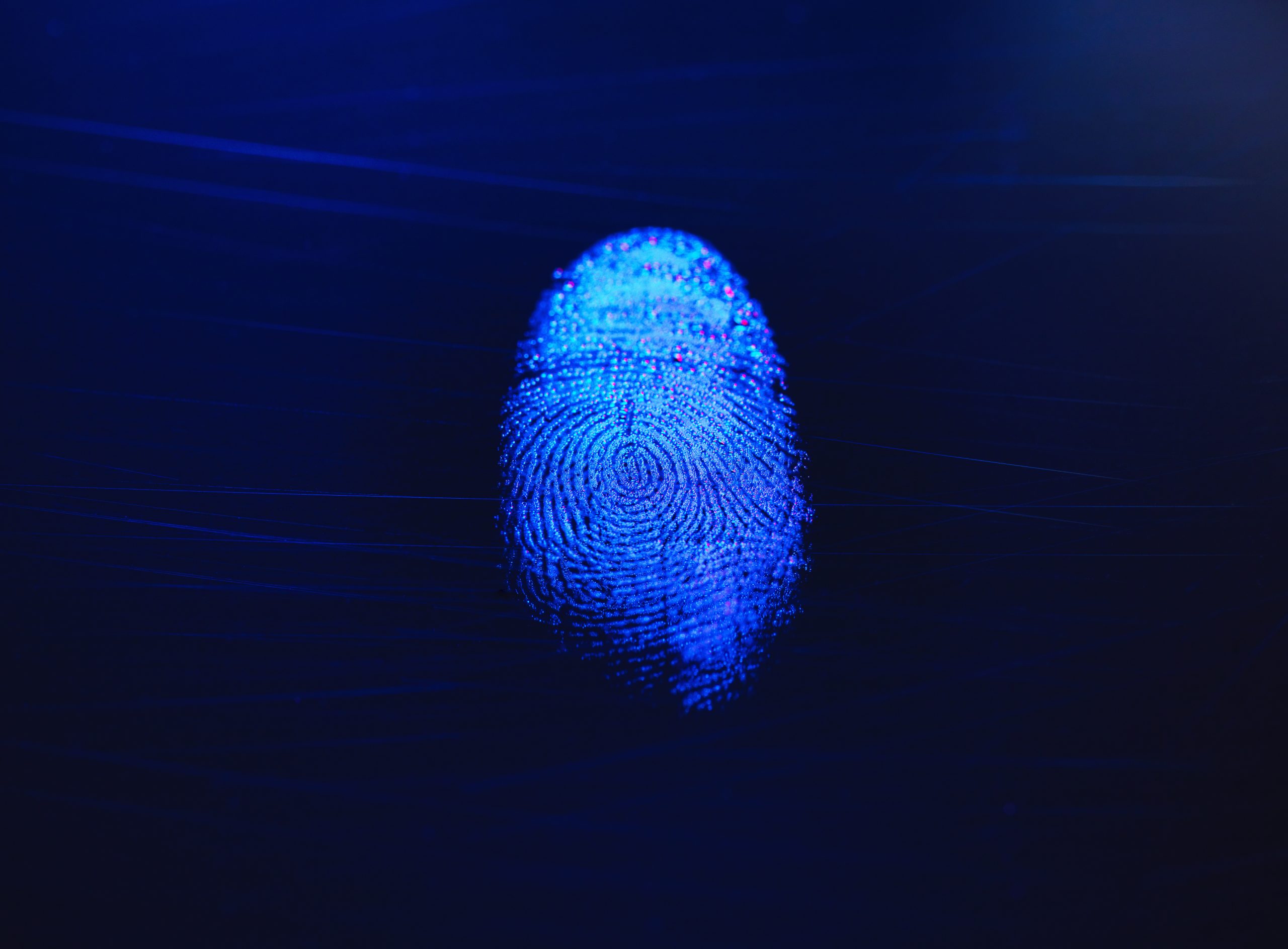
Have you ever thought about how many times you’ve forgotten a password or reused the same one across multiple accounts? Password reset emails, security questions, and two-factor authentication steps—the digital world’s identity verification processes are becoming increasingly complex.
Moreover, studies reveal that many users still choose easily guessable passwords or reuse the same ones repeatedly. This leaves both individuals and organizations vulnerable to cyberattacks. At this critical juncture, a more secure and user-friendly solution has been discussed for years: biometric security systems. So, is the era of passwords truly coming to an end?
The Weak Link of Passwords
Passwords have long been considered a cornerstone of digital security, but they harbor numerous vulnerabilities. Users choosing weak passwords, reusing them across platforms, or jotting them down create the weakest link in the security chain. Additionally, methods like phishing attacks, data breaches, and password-cracking software make it easy for passwords to be compromised.
In an era of rapid digitalization, transitioning to passwordless systems is key to enhancing security while improving user experience.
The Rise of Biometric Security
Biometric authentication verifies identity using a person’s unique physical or behavioral characteristics. Systems relying on fingerprints, facial recognition, retina scans, voice recognition, or behavioral patterns are considered far more secure than traditional passwords. Biometric data, like DNA, is unique to each individual and cannot be easily copied or guessed.
In recent years, the widespread adoption of fingerprint scanners and facial recognition in smartphones has accelerated the integration of biometric authentication into everyday life. From mobile banking to office access, airport security to government services, passwordless access is poised to become the new standard.
Is a Passwordless Future Possible?
Tech giants are also working toward a passwordless future. Companies like Microsoft, Google, and Apple are promoting passwordless authentication by supporting standards like FIDO2 and WebAuthn.
These systems allow users to access apps and websites without entering passwords, using biometric features on their devices. Moreover, they eliminate the need for centralized password databases, reducing the risk of large-scale data breaches.
Security vs. Privacy?
As with any technology, biometric systems spark some debates. The theft or misuse of biometric data poses far greater risks than a stolen password. After all, you can change a password, but you can’t change your fingerprint or face. This makes it critical to process and store biometric data locally on devices rather than in the cloud. Technologies like Apple’s Face ID and Touch ID, which store biometric data solely in a device’s secure enclave, help minimize these risks.
Is Biometrics the Ultimate Solution?
While biometric systems enhance security and simplify user experience, they are not foolproof. In some cases, biometric scanners can be tricked, or multi-factor authentication processes can be bypassed. For this reason, security experts recommend using biometrics as part of a multi-factor authentication approach.
Are We at the End of the Password Era?
These developments don’t mean passwords will vanish entirely. However, it’s increasingly clear that passwords will likely become a secondary, backup method in the future. Biometric authentication is rapidly advancing toward becoming the new norm for identity verification, offering safer and more practical digital experiences.
We may soon bid farewell to memorizing passwords, scribbling them on sticky notes, or trying different combinations across platforms. The future could be a world where what makes you unique—your biometrics—becomes the key.
